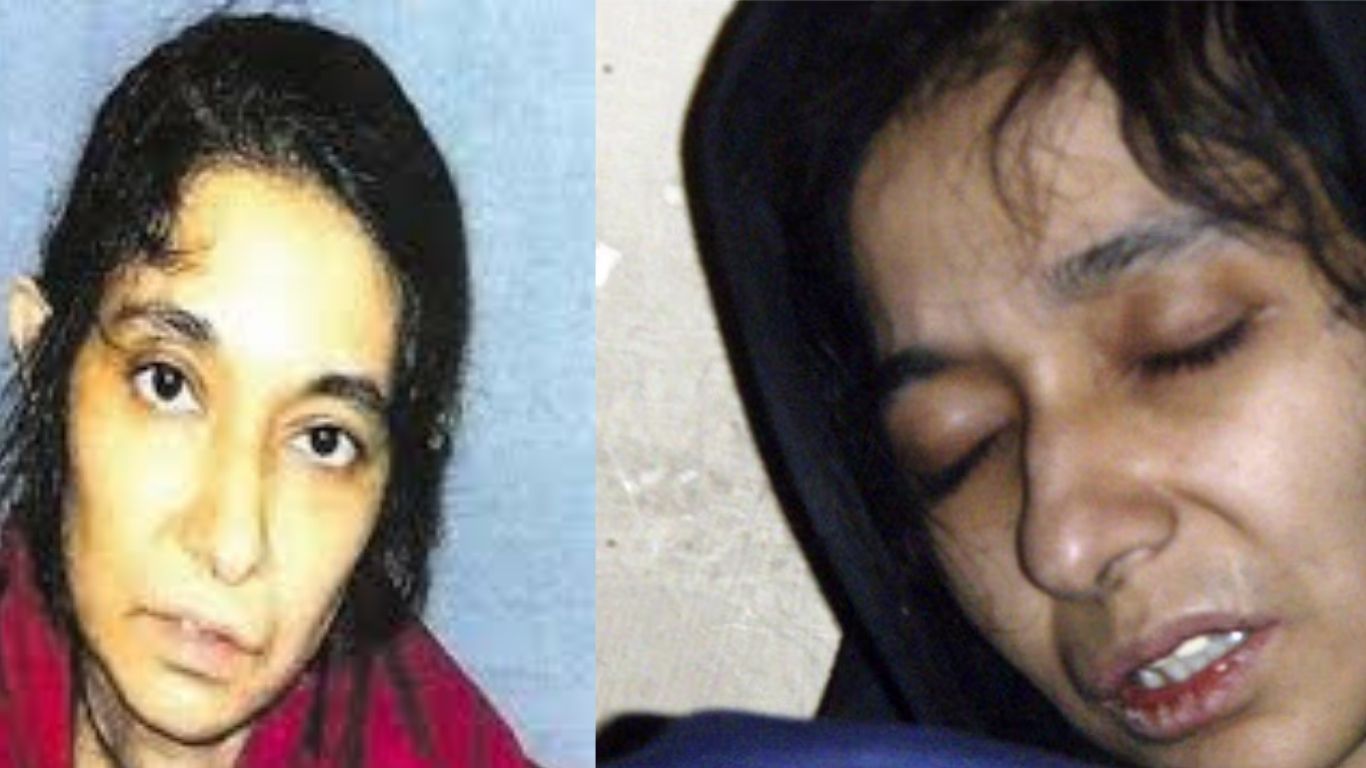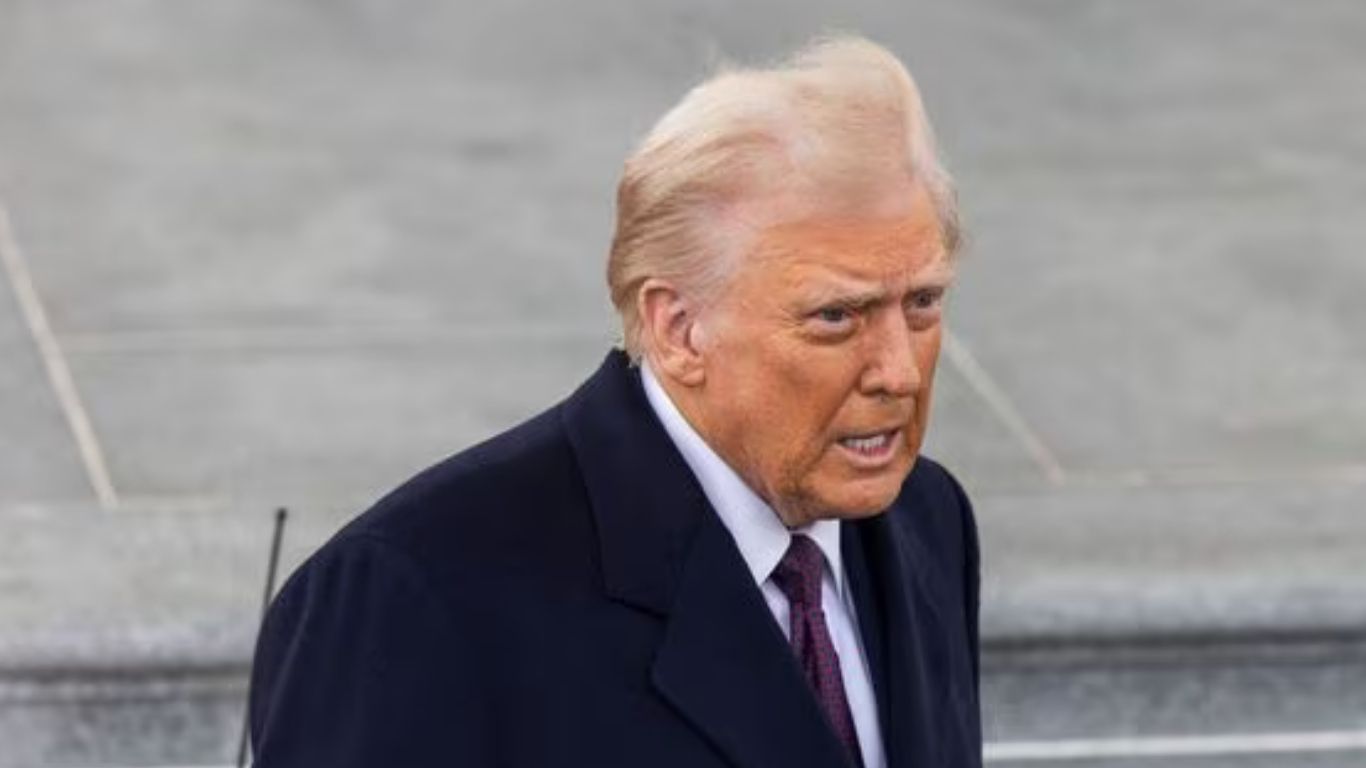Dr. Aafia Siddiqui, a Pakistani neuroscientist serving an 86-year sentence in the United States for attempting to murder an FBI agent in Afghanistan, has appealed to President Joe Biden for clemency. Her lawyer, Clive Stafford Smith, submitted a 76,500-word dossier to the outgoing administration, citing what he described as a “blatant miscarriage of justice” and “new evidence” that could point to her innocence.
Background of the Case
Dr. Siddiqui, 52, was arrested in 2008 in Afghanistan, accused of working with al-Qaeda and attempting to shoot U.S. personnel. In 2010, she was convicted and sentenced to 86 years in prison. Nicknamed “Lady al-Qaeda” by critics, Siddiqui has consistently maintained her innocence, claiming she is a victim of wrongful accusations and abuse.
New Evidence Submitted
Stafford Smith, known for his work in securing the release of Guantanamo Bay detainees, has argued that Dr. Siddiqui’s conviction is rooted in errors by intelligence agencies. According to the dossier, Siddiqui was allegedly abducted by Pakistan’s Inter-Services Intelligence (ISI) in 2003 along with her three children and handed over to the CIA, who sent her to Bagram Air Base in Afghanistan as part of its extraordinary rendition program.
Siddiqui’s lawyer claims she was wrongly identified as a nuclear scientist working on weapons of mass destruction—a mistake stemming from U.S. fears of al-Qaeda gaining access to nuclear materials. However, Siddiqui’s PhD was in education, not physics or nuclear science.
At the time of her trial, the presiding judge said there was no evidence to support allegations that Siddiqui had been detained by U.S. officials prior to her arrest in 2008.
Conflicting Views on Siddiqui’s Role
- Supporters’ Perspective:
Siddiqui’s family and legal team describe her as a victim of the post-9/11 “War on Terror.” Her sister, Fowzia Siddiqui, claims she was targeted for her profile as a Muslim woman. Fowzia has spent nearly two decades campaigning for her release, raising Siddiqui’s surviving children after their alleged abduction in 2003. - Critics’ Perspective:
Former CIA official John Kiriakou maintains that Siddiqui had “terrorist sympathies” and was referred to within intelligence circles as a trusted courier for al-Qaeda. However, Kiriakou also admitted that the CIA “routinely got things wrong” and did not have direct evidence linking Siddiqui to terrorist activities.
A Call for Presidential Pardon
Stafford Smith described Siddiqui’s conviction as one of the most egregious injustices he has encountered, urging Biden to grant her a pardon before leaving office. President Biden has issued 39 pardons during his term but has not indicated whether he will act on Siddiqui’s case.
Political and Global Implications
The plea for Siddiqui’s pardon is likely to reignite debates over the U.S. justice system, the war on terror, and the treatment of Muslim detainees. Her case has also been a point of contention in U.S.-Pakistan relations, with many in Pakistan viewing Siddiqui as a symbol of the injustices faced by Muslims post-9/11.
Pakistan’s government has not made an official comment on the new developments, though her case continues to draw widespread attention in the country.
What’s Next?
With President-elect Donald Trump set to take office soon, Siddiqui’s legal team hopes Biden will act quickly. Trump’s stance on the matter remains unclear, though his administration has historically taken a hard line on cases involving alleged terrorists.
For now, Siddiqui remains in custody, holding onto hope for freedom. “One day, Inshallah (God-willing), I will be released from this torment,” she said through her lawyer.
Dr. Aafia Siddiqui’s case is a complex and polarizing one, touching on issues of justice, national security, and international diplomacy. Whether the outgoing Biden administration will grant her clemency remains uncertain, but the new evidence submitted by her legal team has reignited calls for her release.















